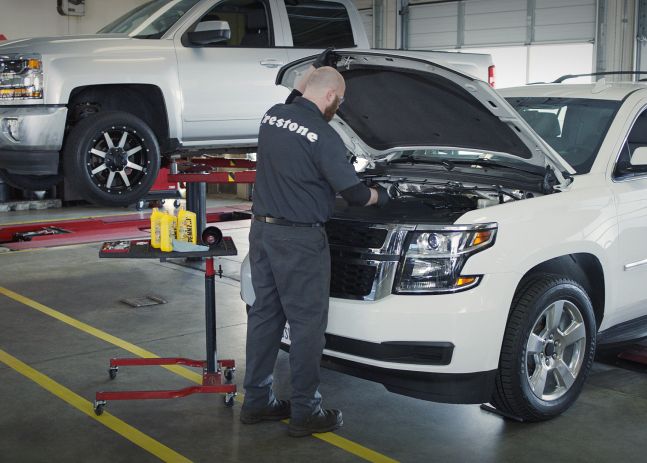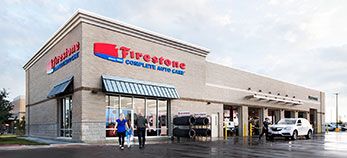WHAT IS THE FUEL PUMP?
A fuel pump is an important component for engines. It moves fuel from a vehicle’s tank through to a carburetor or fuel injector, where it’s injected into the intake manifold or directly into the cylinder so it can mix with air for combustion via spark or compression to power the engine. Most modern vehicles equipped with an internal combustion engine have an electric fuel pump that is powered by a small motor that draws fuel up through the fuel lines.
In some engines, fuel is mixed with air in the carburetor, but most modern vehicles have fuel-injected engines where fuel and air mix once they reach the cylinder. Without the fuel pump, the fuel wouldn’t be able to start the journey through to the engine and power the vehicle.
DOES YOUR CAR NEED A NEW FUEL PUMP?
Since the fuel pump plays such an important role in powering your vehicle, it’s important to look out for major signs that the fuel pump could be failing and needs a repair or replacement:
HOW MUCH DOES IT COST TO REPLACE A FUEL PUMP?
Fuel pumps are generally designed to last around 100,000 miles or more, but sometimes unexpected damage or wear can lead to needing a replacement a little bit sooner. Expect to pay for both the pump and the cost of labor, which can vary depending on the make, model, and age of your vehicle and the type of fuel pump recommended.
Get in touch with a Firestone Complete Auto Care location near you to get a quote or talk to an expert.


FUEL PUMP REPLACEMENT VS. FUEL SYSTEM CLEANING
The fuel pump is one part of the fuel system. The fuel filter, fuel lines, or fuel injectors can get clogged with dirt and debris and may require replacement or cleaning occasionally. An annual fuel system cleaning can help keep the fuel delivery system in good condition and may help reduce the need for repairs in the future.
A fuel system cleaning service typically involves adding an additive to the fuel tank, cleaning the throttle body and plate, and running a chemical cleaner through the intake manifold while the vehicle is running to clean any carbon deposits or built-up debris from the intake valves.
